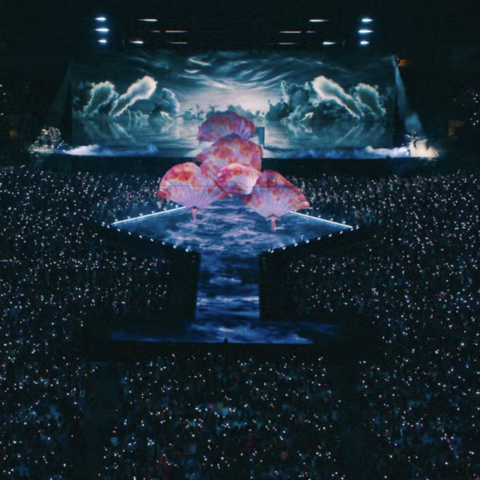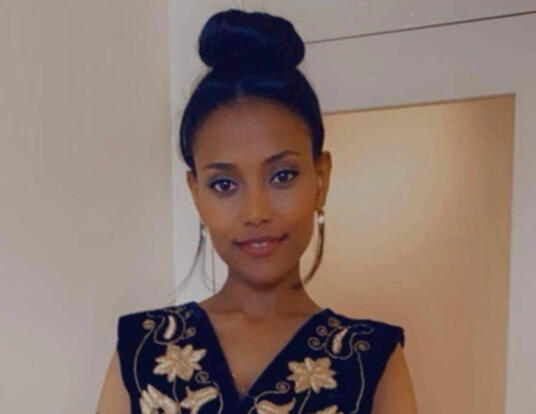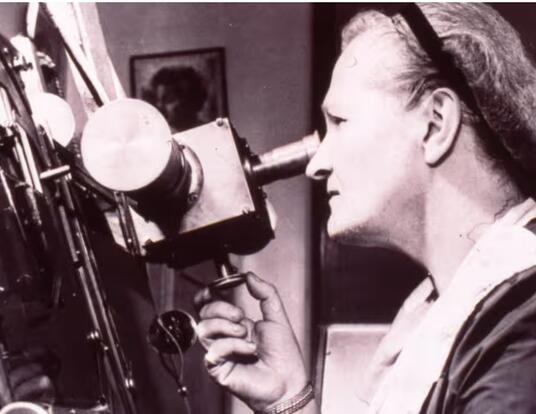Sheep Is Life
GSAS Voices: Wade Campbell, PhD ’22
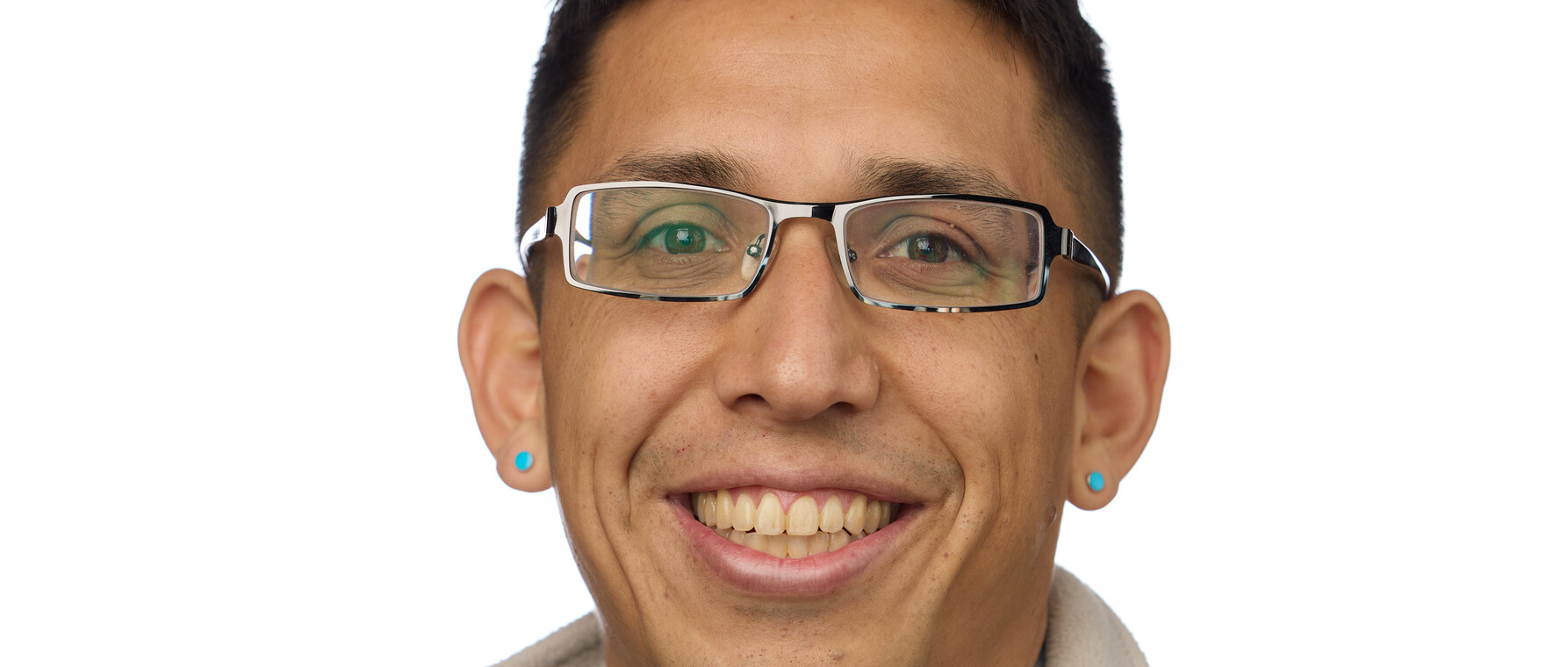
Throughout its 150th anniversary year, GSAS is foregrounding the voices of some of its most remarkable alumni and students as they speak about their work, its impact, and their experiences at the School.
Wade Campbell is a Diné (Navajo) archaeologist and an assistant professor at Boston University. He discusses his research on Navajo sheepherding practices, his experience as an Indigenous student at GSAS, and the community he found at the Harvard University Native American Program.
Exploration without Excavation
My research mostly focuses on the role early Navajo communities played during the Spanish colonial period in New Mexico (c. 1600–1850), particularly as it relates to questions about Indigenous sheepherding. I study early Navajo history so that I can help overcome some common biases and misunderstandings U.S. society has about my people and our culture.
Sheep were introduced to the U.S. Southwest by the Spanish, who established the colony of New Mexico and assumed control of the region in 1598. Historical documentation shows that over the next two centuries, livestock were incorporated into Navajo communities where people began to practice a sheep-focused pastoral lifestyle. Notably, this process doesn’t appear to have been directed by Spanish missionaries or military commanders, as their grip on the region was tenuous and didn’t expand much beyond colonial borders.
I find the early growth of Navajo sheepherding to be an interesting puzzle. How did the Navajo get these animals? How did they figure out herding practices? From its roots in the colonial period, how did it grow to become something that remains an important part of contemporary Navajo culture?
My research looks at the historical practice of Navajo sheepherding over the past 400 years. Although many archaeologists rely on excavations to gather their data, as a Navajo person I was raised to have a special respect for those places where people once lived. That’s why I believe excavation should be a last resort; however, there are a wide range of historical and cultural questions that you can study using minimally invasive archaeological methods, like landscape surveys and “ethnoarchaeology” approaches that center Indigenous oral histories. The assumption that archaeologists only dig holes in the ground isn’t always the case!
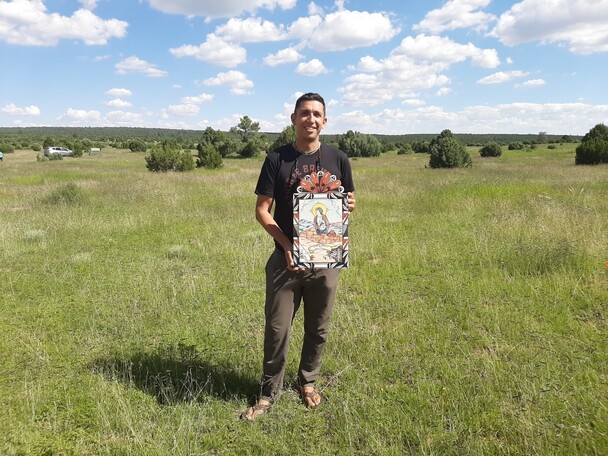
High Praise for HUNAP
One of the most important parts of my experience at GSAS was becoming involved with the Harvard University Native American Program (HUNAP). HUNAP has supported Native American students and education at Harvard since the 1960s, and it functions as a space for Native students and researchers. It is instrumental in creating a community to support and encourage the interests of Native students across the University, whether through day-to-day advising for classes or offering new opportunities for knowledge-sharing like the Indigenous Studies Working Group.
I was honored to serve as a resident doctoral fellow for part of my time at GSAS and several of my early dissertation fieldwork and conference opportunities benefited from HUNAP funding as well. The connections I made with directors, students, visiting Native academics, and professionals through HUNAP were critical for advancing my research and my academic career, and I value my association with the group immensely. It’s one of the reasons that today, I’m an assistant professor in anthropology and archaeology at Boston University, teaching a class in indigenous archaeology, and working on projects in the Southwest that are of interest and value to my Diné community.
Photos courtesy of Wade Campbell
Get the Latest Updates
Join Our Newsletter
Subscribe to Colloquy Podcast
Simplecast


